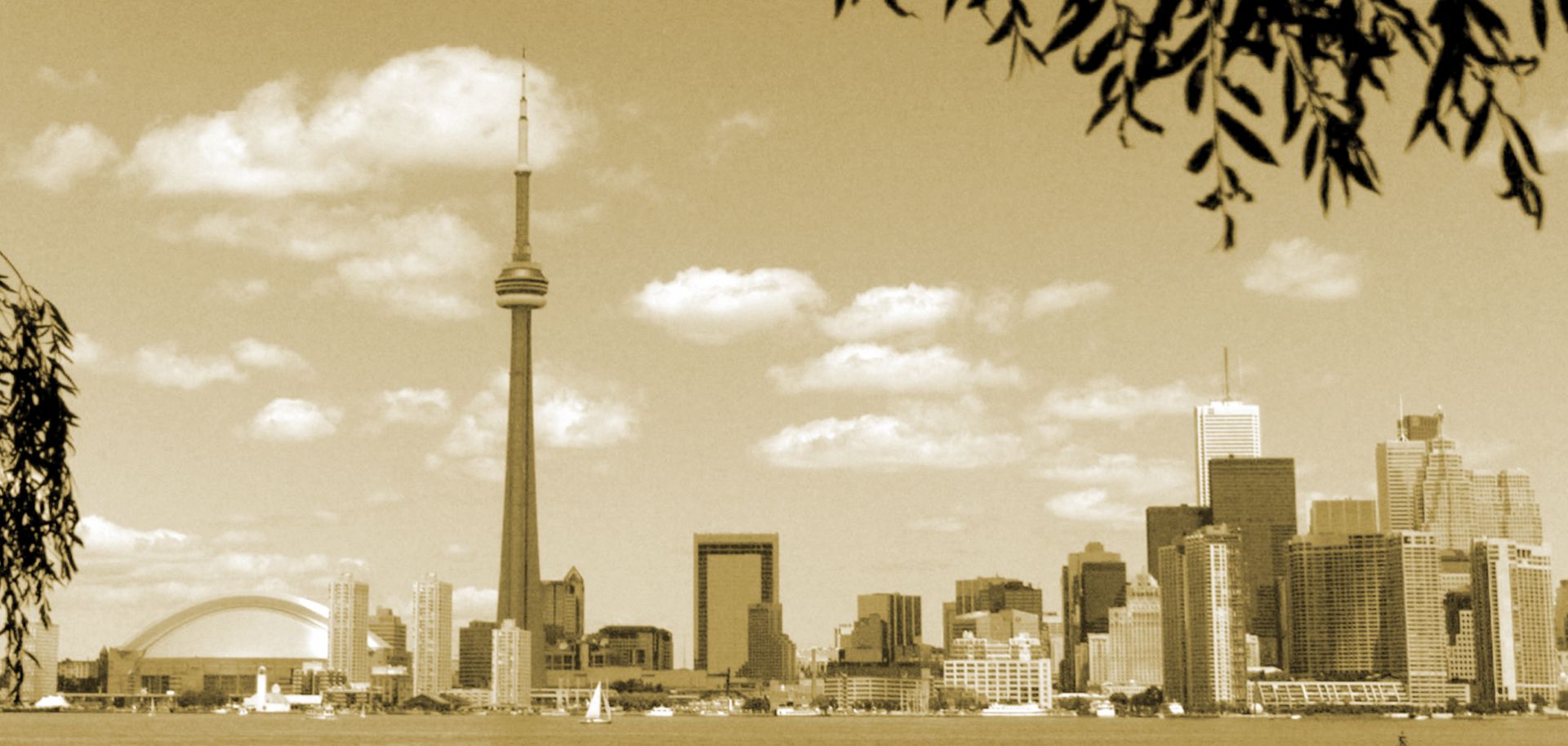ASSESSMENTS
Trade Profile: Canada Negotiates Its Diversity
Oct 9, 2017 | 09:00 GMT

Canada's economic activities vary wildly between and even within provinces. Ontario, for example, boasts a manufacturing base deeply integrated with that of the U.S. Great Lakes region as well as a strong financial sector, concentrated in Toronto.
(CARLO ALLEGRI/Getty Images)
Editor's Note
Global trade is changing. The kinds of multilateral agreements that characterized the postwar years have stalled over the past two decades, prompting countries and economic blocs to try to negotiate smaller deals with fewer partners. Nations and blocs have more leeway under this new model to negotiate the trade agreements that best suit their interests and to avoid those that don't. Now, more than ever, the future of international trade depends on a country or bloc's defensive interests, offensive interests and underlying factors of production. Our fortnightly Trade Profiles aim to break down these factors to facilitate an understanding of where global trade stands today and where it's headed.
In the 11th installment, we focus on Canada.
Subscribe Now
SubscribeAlready have an account?
